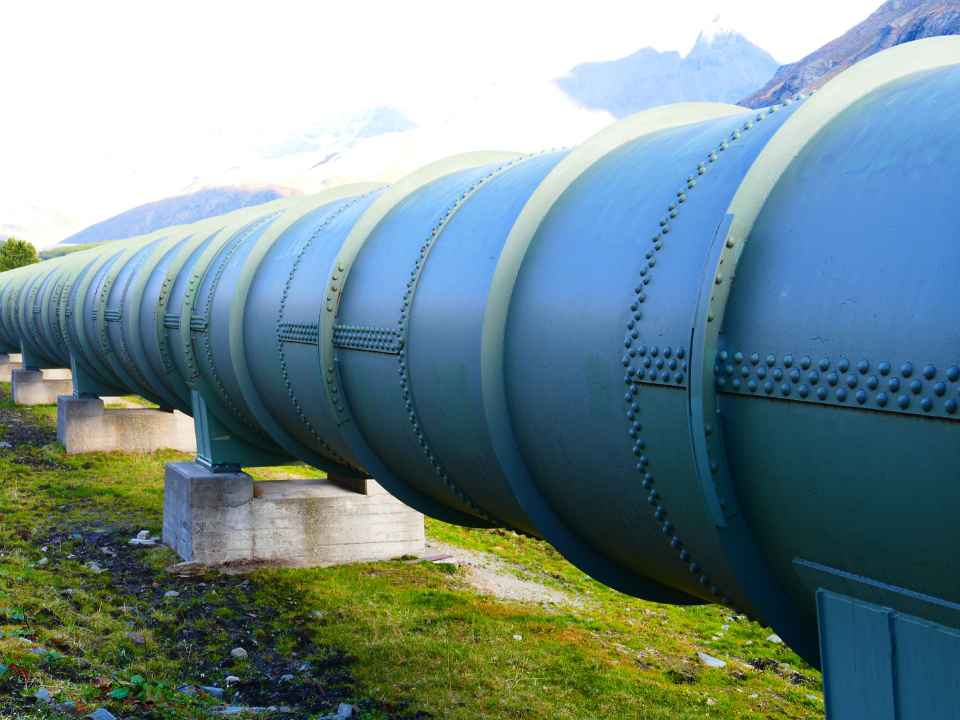Germany's Hydrogen Pipeline Expansion Initiative to Drive Low Carbon Emissions
Key Ideas
- Germany's hydrogen pipeline project from Lubmin to Bobbau is set for early completion, marking a significant step in reducing carbon emissions in industries like steel production.
- The project, with substantial private investment and state backing, aims to create a hydrogen core network spanning 9,040 kilometers by 2032, connecting major hubs and industrial clusters.
- The Federal Network Agency's approval and the planned expansion highlight the country's commitment to hydrogen infrastructure development and carbon reduction goals.
- The 19 billion euro investment, primarily from private sources and supported by fee restrictions, underscores the importance placed on advancing hydrogen technology for a sustainable future.
Germany is embarking on a significant initiative to expand its hydrogen pipeline network, starting from Lubmin on the Baltic Sea to Bobbau in Saxony-Anhalt. This project, supported by substantial private sector investment and state backing, is a crucial element of Germany's strategy to reduce carbon emissions in energy-intensive industries such as steel production. The Federal Network Agency has approved the hydrogen core network plan, which aims to extend to 9,040 kilometers by 2032, connecting key hydrogen hubs in various states, including seaports, production zones, and industrial clusters. This ambitious project, with an estimated total outlay of around 19 billion euros, is to be primarily financed by private sources, complemented by fee restrictions at the state level. The approval and planned expansion of the hydrogen infrastructure underline Germany's dedication to advancing hydrogen technology and achieving substantial reductions in carbon emissions in alignment with its environmental goals.
Topics
Projects
Infrastructure Development
Carbon Emissions Reduction
Pipeline Project
State Support
Energy-intensive Industries
Private Sector Investment
Latest News
